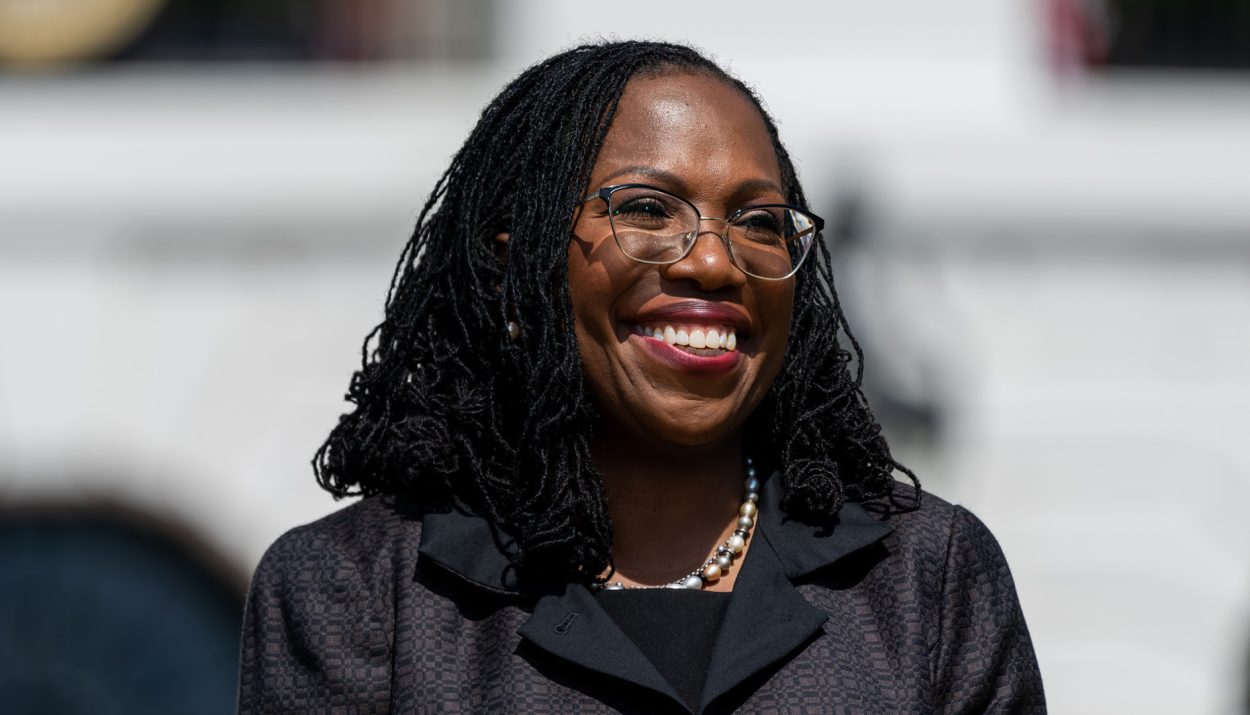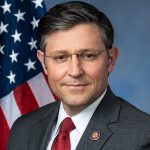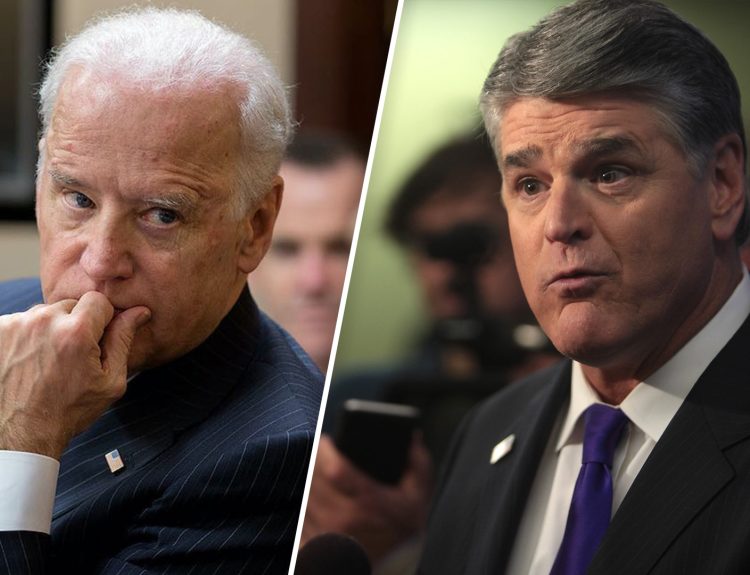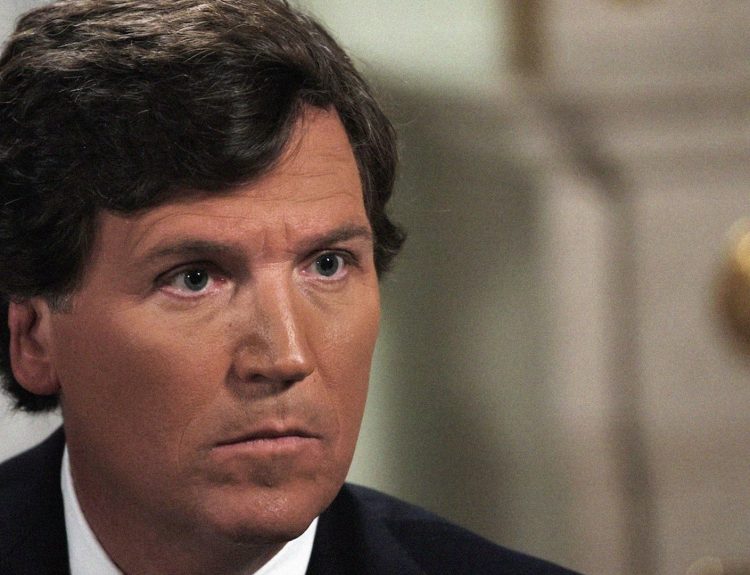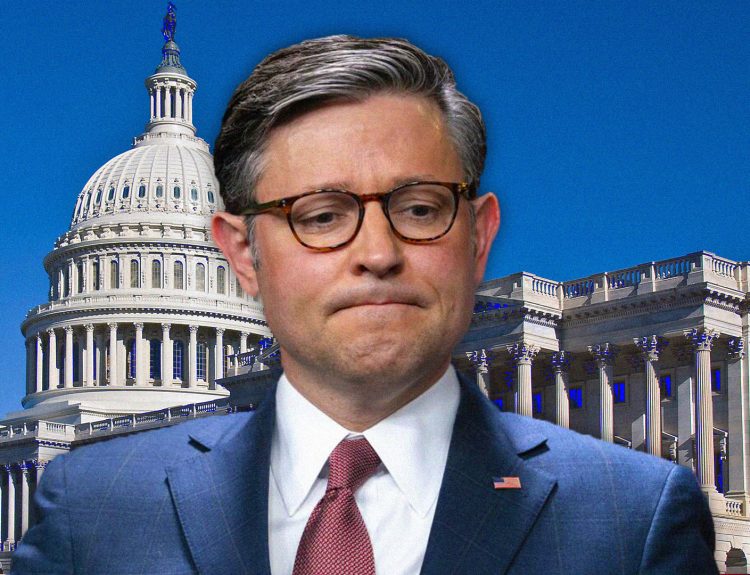Supreme Court Justice Ketanji Brown had a lot of say on First Amendment rights following a case in which the plaintiffs claimed the Biden administration violated their rights. The plaintiffs were accompanied by two attorney generals from Louisiana and Missouri. Let’s see if this case can lead to issues for the MAGA faithful.
The Claim Looks at Social Media
According to the plaintiffs, the Biden administration is seeking to suppress information by using social media platforms to pick and choose the information it releases.
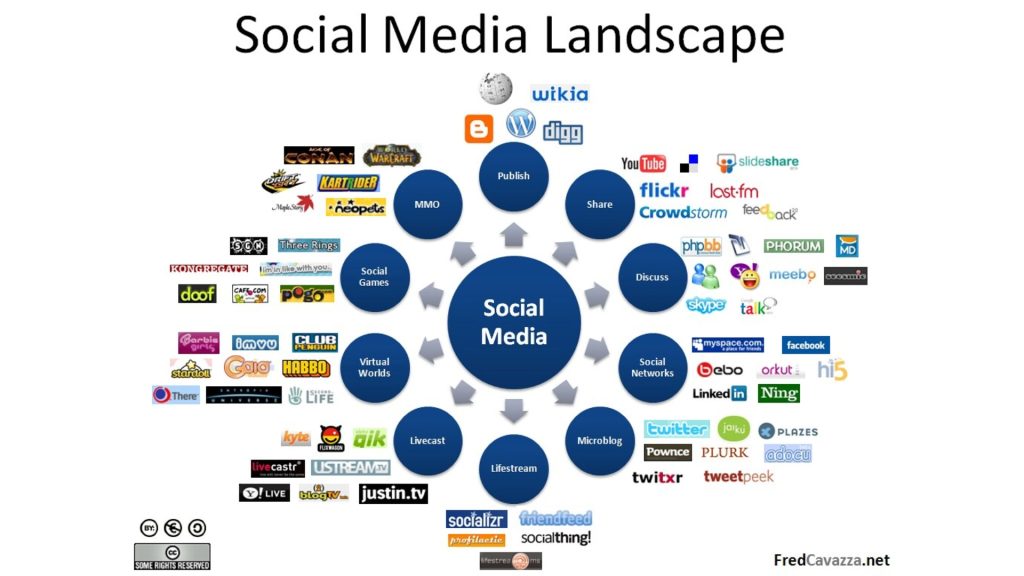
The argument is that since the social media platform is the same as a public square, taking down posts as misinformation jeopardizes their freedom of speech under the First Amendment.
Judges Seem Skeptical
While Republicans filed the case, judges across the ideological divide are examining it with some skepticism. A ruling on this could profoundly affect how misinformation spreads.
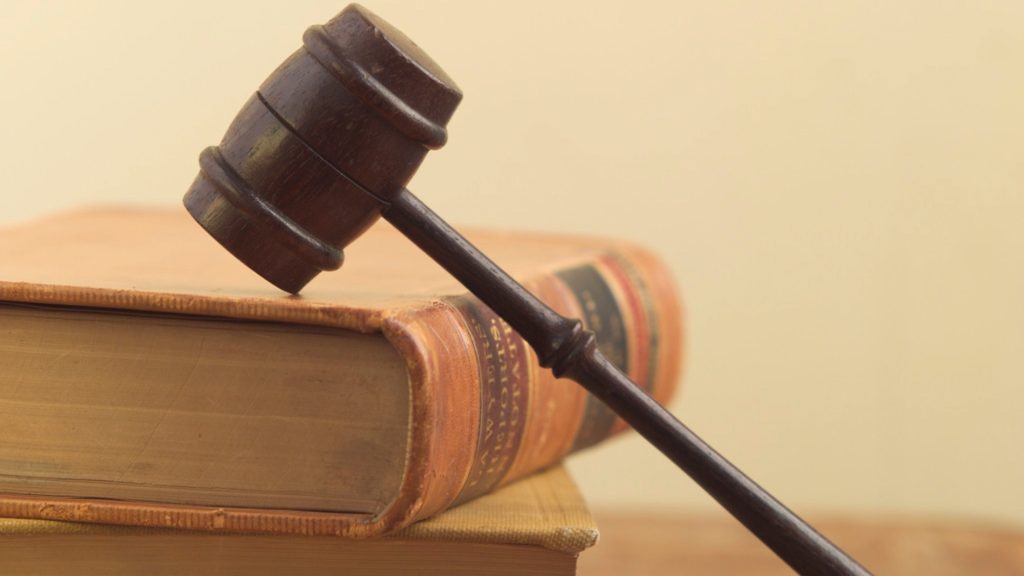
MAGA supporters specifically have a vested interest in how this case goes since spreading their political ideology on social media is primarily how they recruit new people to their cause.
Jackson Thinks It’s a Bad Idea
Ketanji Brown Jackson believes that implementing a block on how the government interacts with social media platforms will do more harm than good.
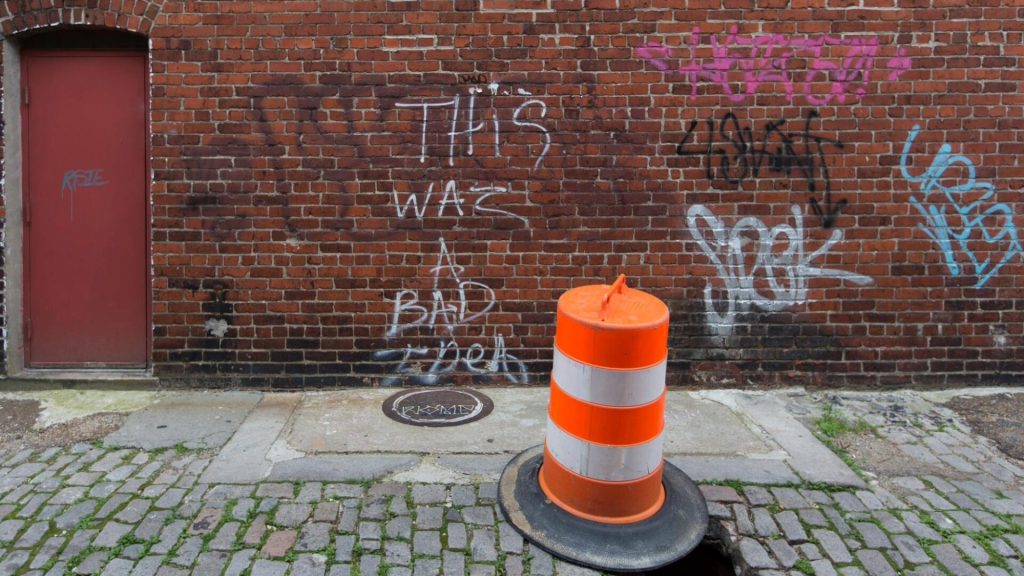
She stated that putting obstacles in place to curtail the government’s interaction with social media companies could impede officials’ ability to communicate with the public.
Jackson Raises the Issue with Aguiñaga
Addressing Louisiana Attorney General Benjamin Aguiñaga, she said that the government has the right to protect the citizens of the country from misinformation.
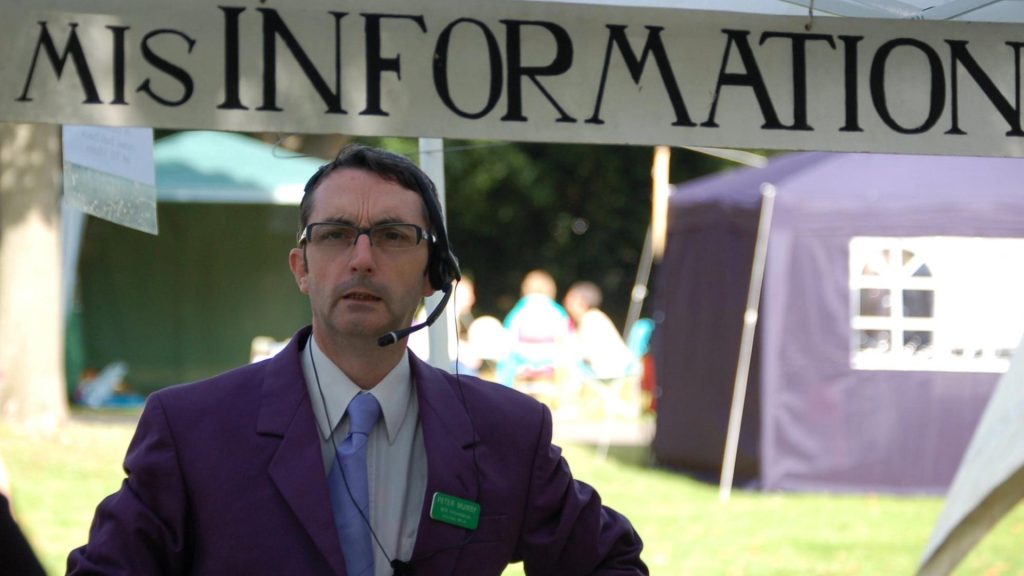
She also highlighted that Aguiñaga saw a set of dangerous circumstances that affected the government but was pushing to ensure that the government couldn’t interact with those circumstances.
A Big Issue During The Pandemic
This case stems from social media platforms implementing automatic blocks to stop citizens from sharing misinformation that could lead to bad decisions.

The pandemic saw a large volume of misinformation spread about both the virus and the vaccines, which led to many people not taking it and eventually dying from the virus.
MAGA Supporters Complain
Immediately after Jackson’s comments, members of the MAGA faithful took to X to complain about her position. Some termed her opinion on this as “chilling.”
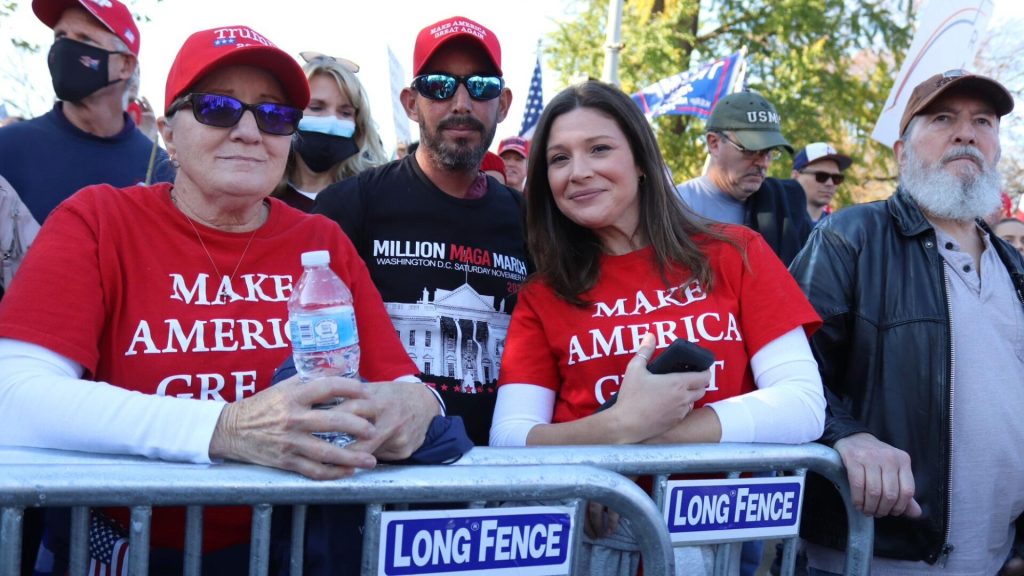
Other commentators noted that there should be more speech, not silence, referencing a statement by Justice Brandeis. The poster accused the left of widespread censorship.
More Information Only Matters If People Are Informed
While having a more expansive room for debate is essential in a democratic society, the discussion only matters if the population is informed. Unfortunately, most prefer to listen to someone else.

Expert opinions have suffered a significant decrease in importance since the pandemic. Part of this stems from widespread misinformation and a misunderstanding of the scientific method.
First Amendment Rights Protect Free Speech
The crux of the case lies in the plaintiffs’ First Amendment rights. Since social media companies are private entities, the claim states that the government shouldn’t force them to censor anything.
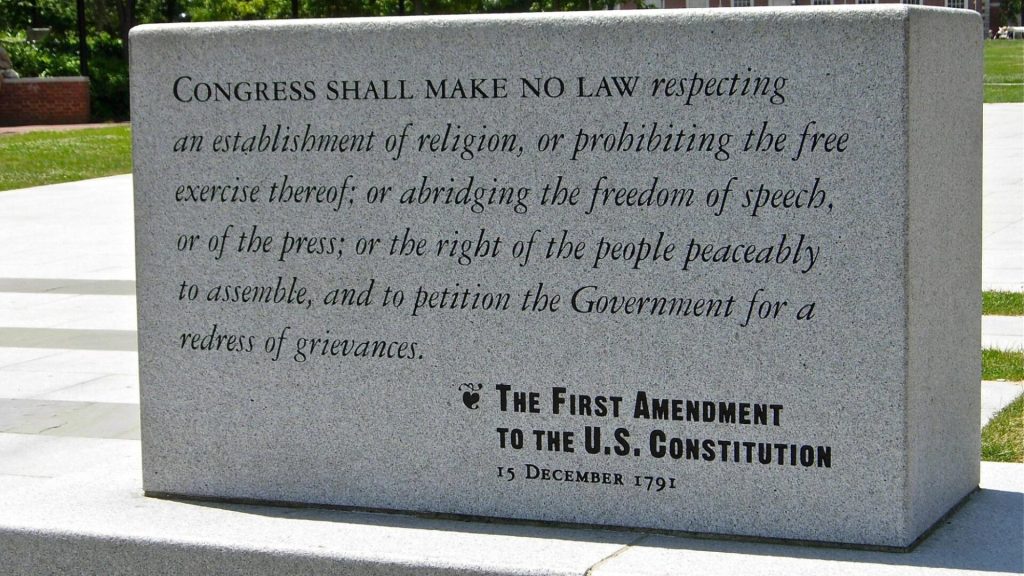
The corollary to this argument is that what they’re censoring is the truth, and by doing so, they prevent others from knowing the truth for the government’s own gain.
Most People Can’t Spot Misinformation
Social media companies decided to implement their procedure for dealing with information because of how believable some of the claims made were.
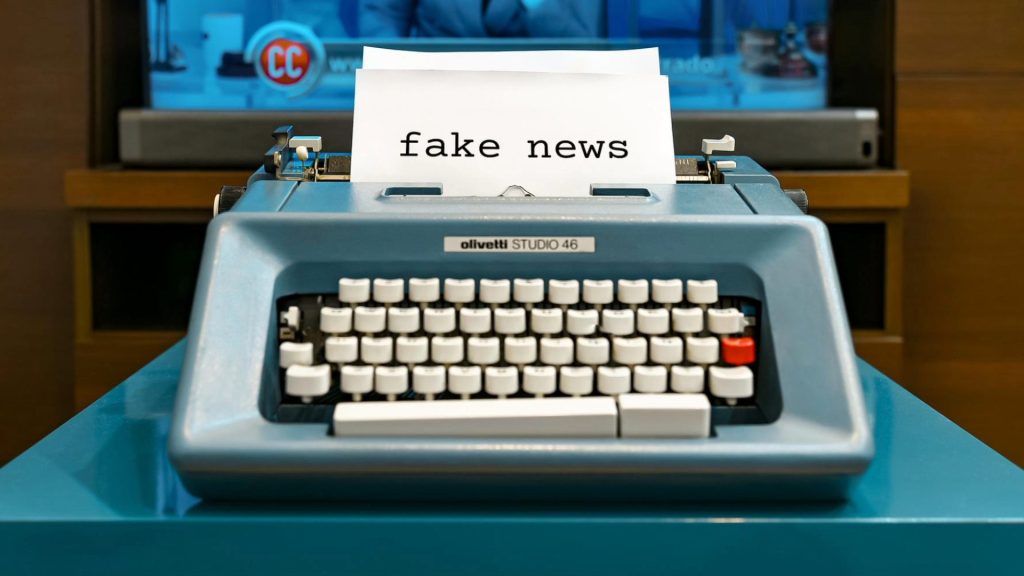
Recent studies have shown that most people don’t know how to distinguish between information and misinformation, which could be deadly in a global pandemic.
A Government Mandate to Its People
The government’s leaning on social media to put an anti-misinformation campaign in place came from the understanding that misinformation could kill people.
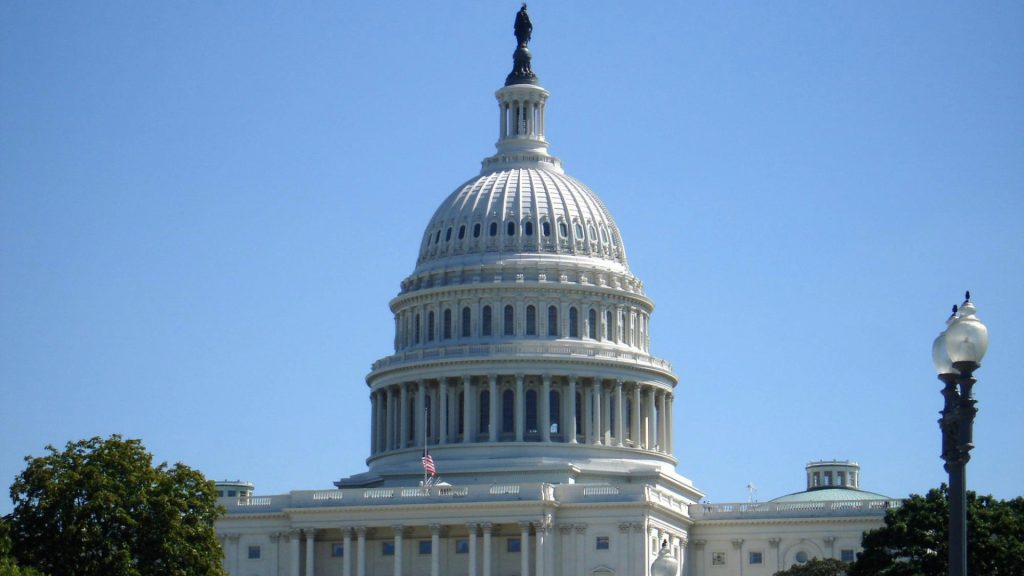
As a government, its citizens’ lives are in its hands, and if it can do something to ensure that they have a chance, they should do it. Yet, there is a more sinister thread at play here.
Censorship Of Political Messages
Getting people to support a political party or candidate sometimes requires a creative interpretation of the truth. Sometimes, it requires fake news in a meme format.
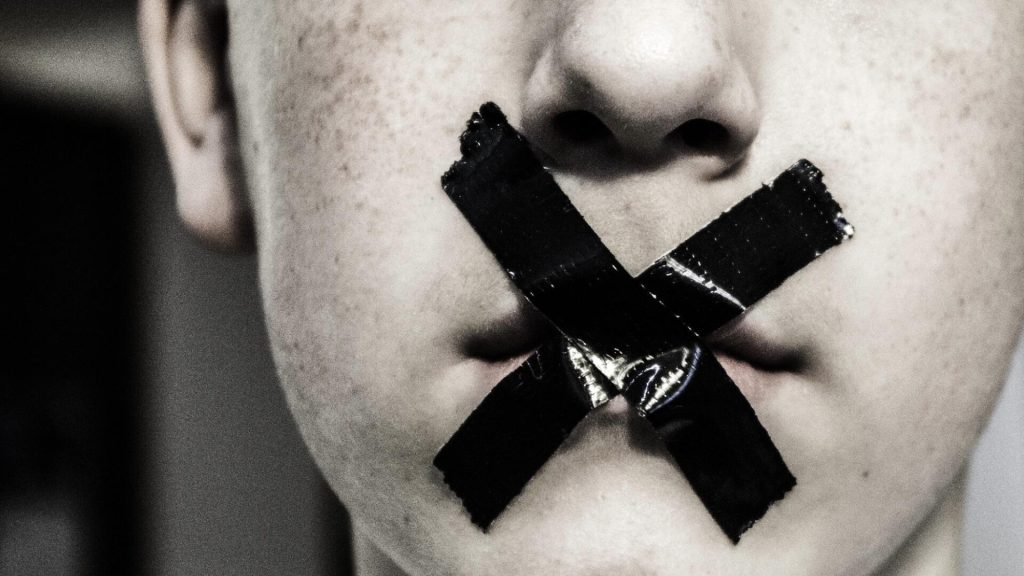
However, if someone is trying to pass off political ideology via news, social media sites will flag it as misinformation and take it down. This eliminates how some political ideologies, like MAGA, spread awareness.
Misinformation Gets Spread Very Easily on Social Media
Because of social media’s very nature, spreading misinformation is as simple as sharing it on a page and letting others share it on their personal networks.

Making that misinformation easy to spread is an art that political parties have perfected. With a suitable support base, something patently untrue will evolve and spread like a virus before fact-checks can slow it down.
Justice Sotomayor Is Offended By the Brief
Another Supreme Court Judge, Sonia Sotomayor, disliked Aguiñaga’s brief because it contained a lot of misinformation. Aguiñaga took full blame for the misinformation in the brief.
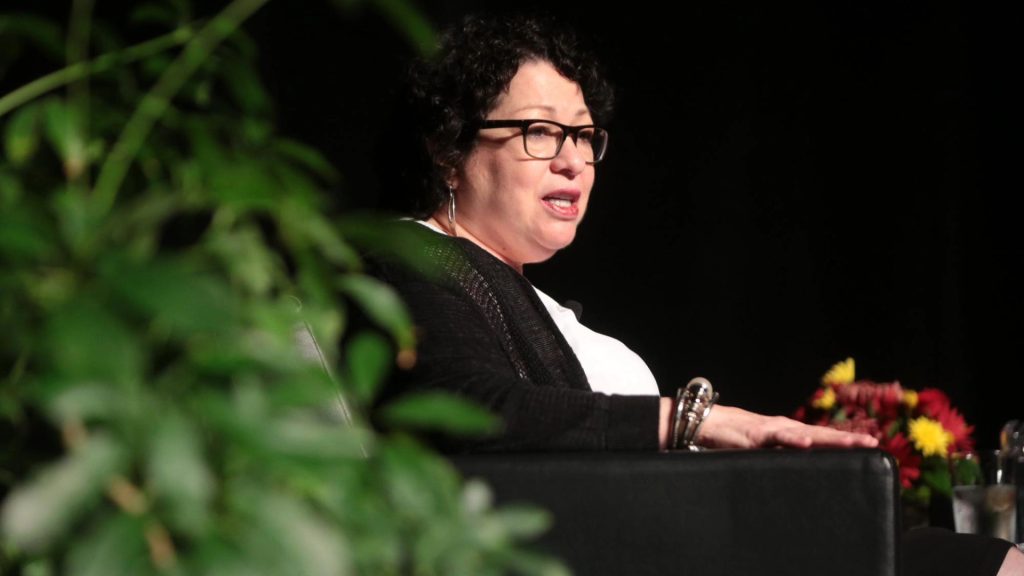
She additionally noted that some dates mentioned were before the Biden administration took office. Some events were attributed to individuals they never happened to.
Stopping Misinformation At The Source
Social media companies have no vested interest in stopping viral content. On the contrary, they want viral content to propagate so that more people engage with it.
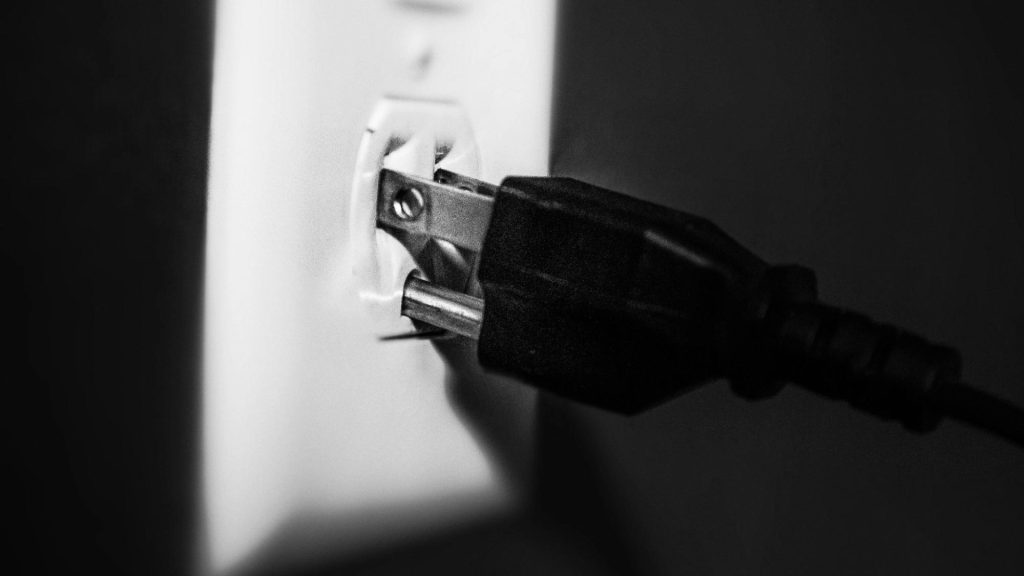
The government’s aim in stopping misinformation at the source was to ensure that it impacted as few people as possible. Even so, social media can easily cause governments to collapse.
Will This Mean A Curtailment of First Amendment Rights?
Stopping the spread of misinformation can be considered censorship. However, if the well-being of the greater good is at stake, should we consider letting it happen? Many free-speech advocates say that there is no such thing as good censorship.
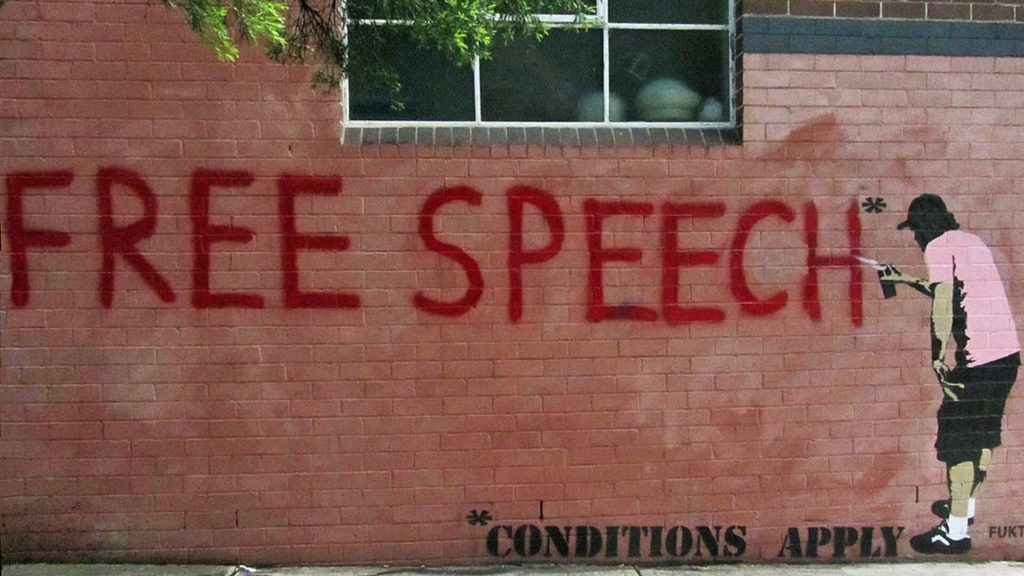
The openness of information requires people who read it to be able to process it and draw conclusions. Social media censoring misinformation doesn’t seem to violate First Amendment rights since they get to choose what to show on their platform. Whether the government should or shouldn’t be allowed to tell it what to consider fact is a more important question we need to answer.

